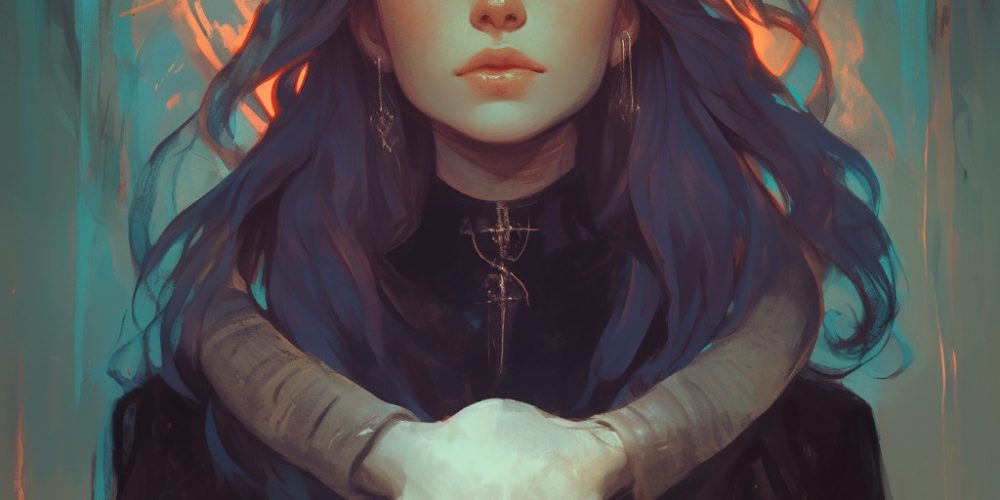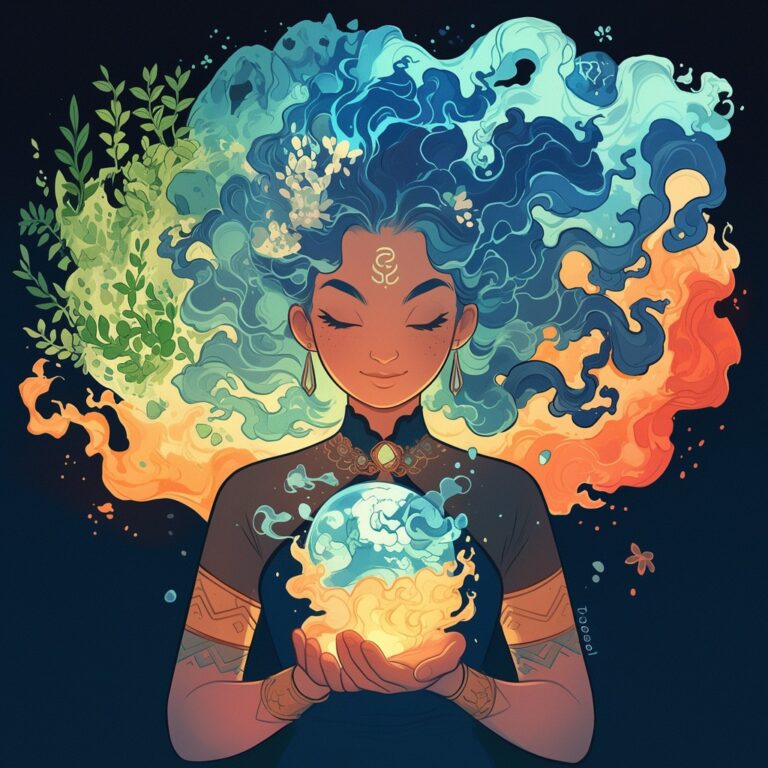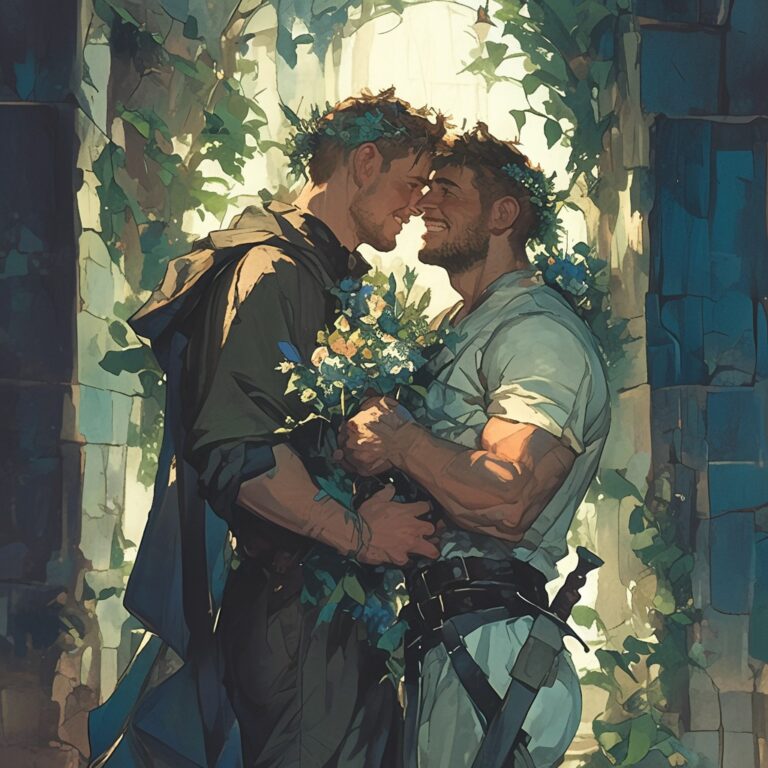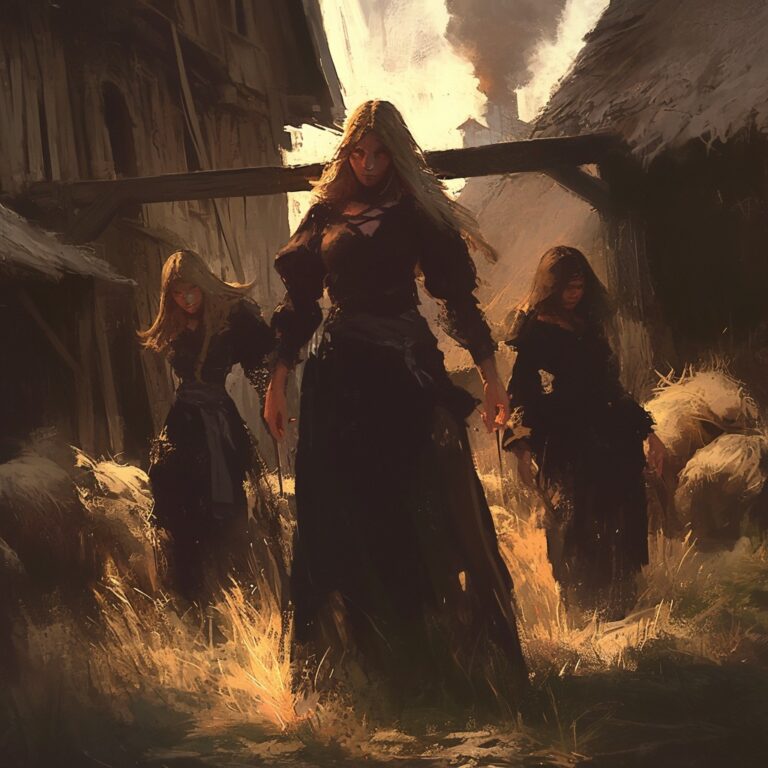Mythology for Modern Times: Navigating Deities, Stories, and Symbolism in Contemporary Paganism
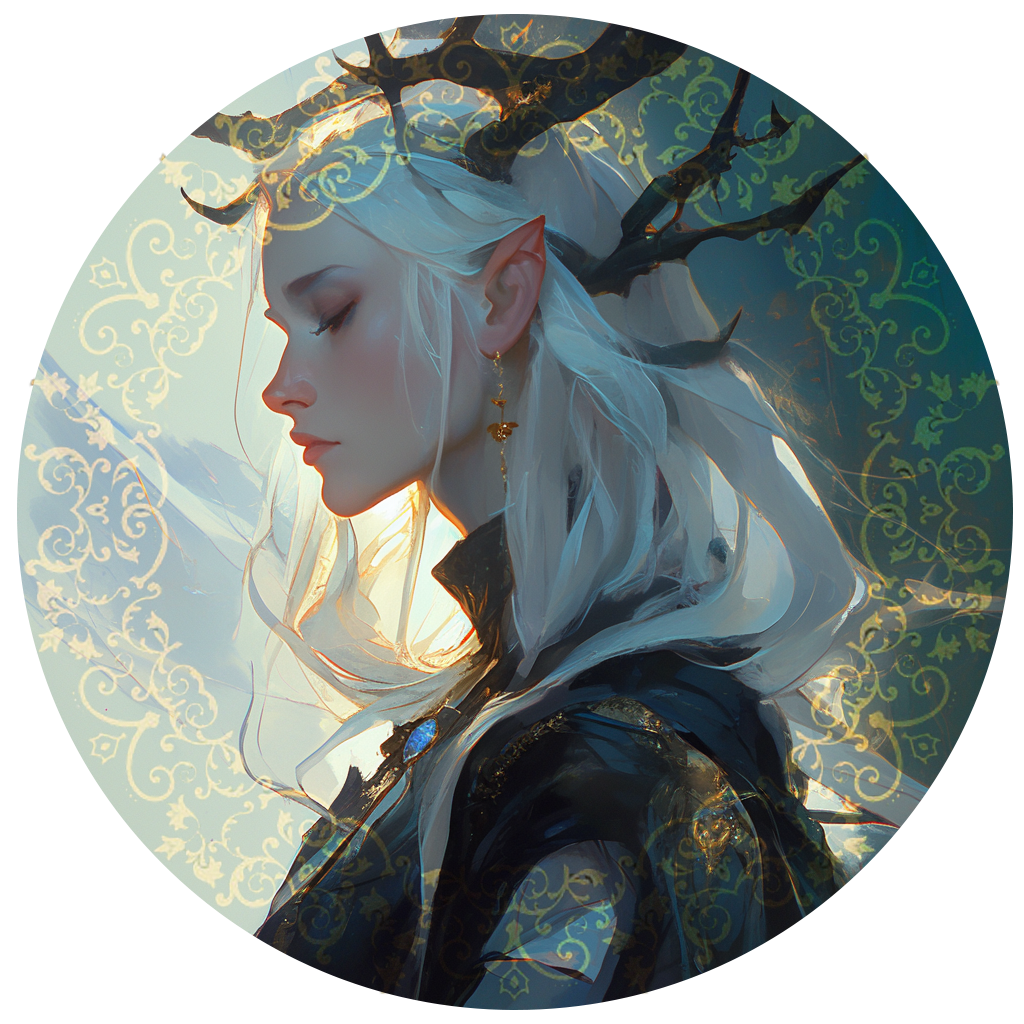
In Paganism, mythology is more than a collection of ancient tales; it forms a bridge between past and present, grounding us in a rich heritage of polytheistic spirituality. Each myth offers insight into humanity’s shared and evolving understanding of the divine, providing lessons in resilience, morality, and the complex nature of existence. For Pagans, engaging with mythology is both a personal journey and a communal experience, one that deepens our connection to deities and their associated cultures, enriching our spiritual practices today.
The Cultural Roots of Mythology in Paganism
To truly understand and honor our deities, Pagans look to the cultures from which they emerged. This exploration is more than academic; it’s a spiritual journey that allows us to see these gods and goddesses as reflections of societies’ values, struggles, and triumphs. By immersing ourselves in the stories, symbols, and societal contexts of civilization, we gain a deeper understanding of our deities and the roles they play as sources of guidance and wisdom.
For example, in Norse mythology, deities like Thor and Odin reflect the warrior culture and reverence for nature central to ancient Norse life. By learning about the lifestyle, beliefs, and values of Norse communities, modern Pagans connect more intimately with these deities, seeing them not merely as figures from myth but as representations of lived experience, communal ideals, and survival. This cultural understanding serves as both guidance and inspiration for modern spiritual practices, as Pagans seek to carry forward the wisdom and resilience of their ancestors.
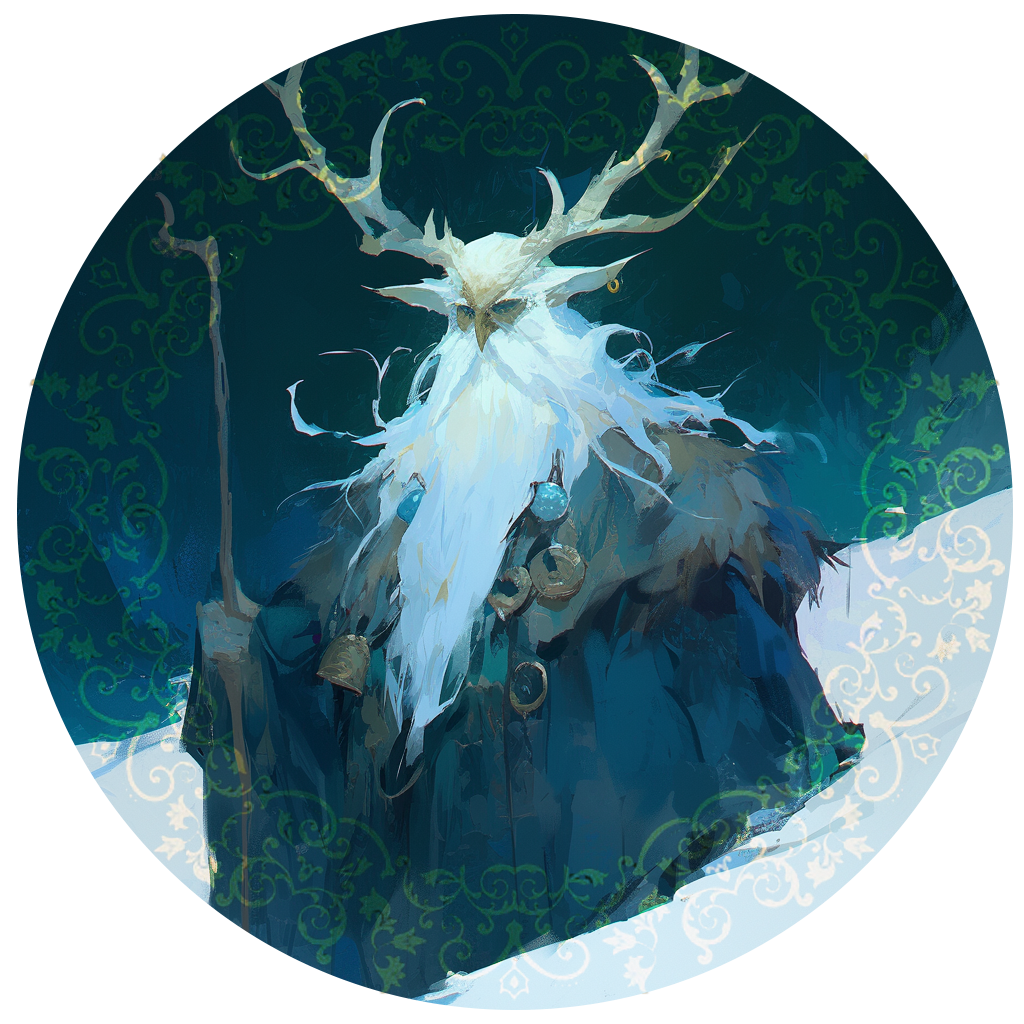
Mythology as Sacred Metaphor and Ethical Guide
Unlike the dogmatic perspectives often seen in contemporary religions, mythology in Pagan societies is not a fixed truth or unyielding doctrine but a sacred metaphor and ethical guide. Mythology provides a rich layer of meaning, illustrating moral principles, ethical dilemmas, and the powers of various deities. Myths are tools to teach lessons on life, death, courage, compassion, and the value of wisdom. In this way, mythological narratives serve as complex reflections on the human condition, encouraging self-reflection, growth, and spiritual evolution.
The flexibility in interpretation is key. The Greek myths, for example, are not merely historical accounts but living stories that evolve with each retelling. They are woven into public festivals, private rituals, and even theater, offering society a means of exploring human nature and divine influence. By embracing mythology as metaphor, Pagans learn not to seek literal truths in these stories but rather to look for underlying wisdom that remains relevant across time. This fluid interpretation aligns with Paganism’s core values of personal exploration and adaptation, allowing each practitioner to find meaning that resonates with their unique spiritual path.
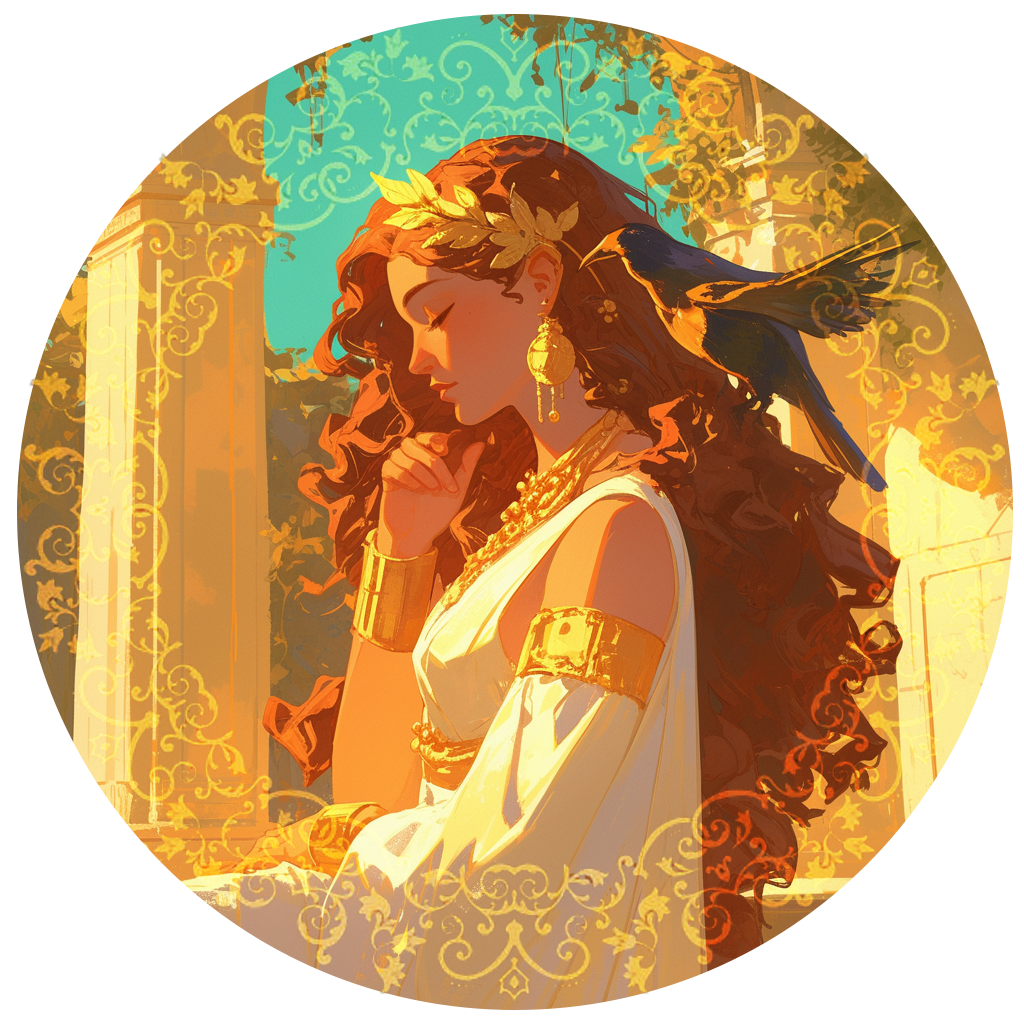
Divine Archetypes and the Syncretic Nature of Myth
In ancient civilizations, mythology was often not limited by geographical or cultural boundaries. Gods and goddesses from one culture would evolve as they encountered new societies, taking on new attributes and forms. This syncretic nature of myth is evident in many cultures; for instance, as Greek and Roman cultures intertwined, gods like Zeus and Jupiter became nearly synonymous. Similarly, the Egyptian goddess Isis was worshiped in Greece and Rome, evolving to embody new attributes that resonated with those communities.
One of the most fascinating aspects of mythology’s adaptability is how early Christians repurposed aspects of Pagan myths, particularly those of the Greek pantheon. Zeus, the thunder-wielding ruler of the heavens, was gradually transformed into a precursor to the Christian deity Yahweh. This transition, while not complete, demonstrates how powerful symbols transcend specific religions and become part of a larger human narrative. These adaptations show that divine archetypes, rather than belonging solely to one culture, are flexible and universal, capable of resonating with people across diverse belief systems.
For modern Pagans, this syncretic approach to mythology allows for a nuanced understanding of deities. We recognize that divine figures are not bound by one cultural or religious framework; they are manifestations of universal principles, archetypes that reveal insights into our world. This understanding enriches our ability to honor these gods and goddesses in ways that feel authentic, whether by drawing from traditional practices or blending multiple cultural perspectives. By embracing mythology’s fluid nature, we honor the adaptability and endurance of divine archetypes across history.
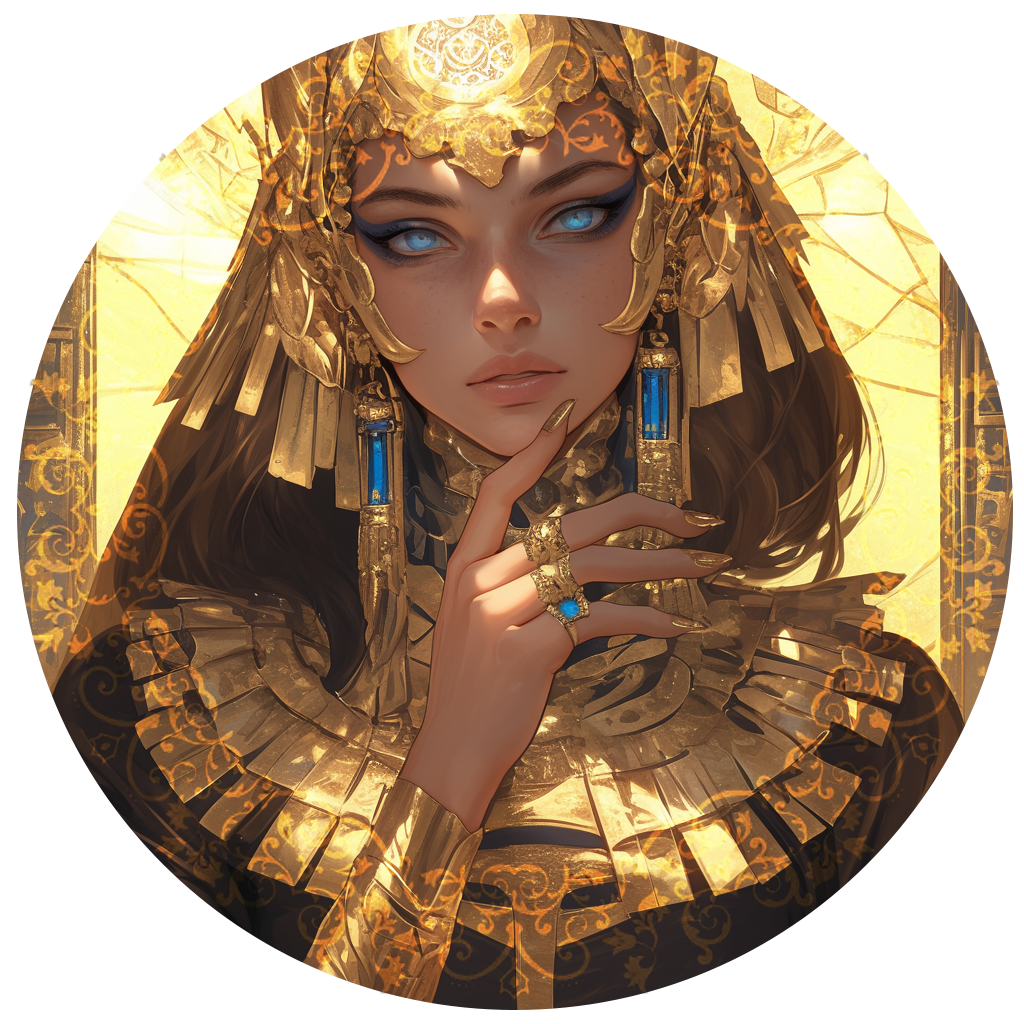
The Cosmopolitan Influence on Ancient Mythologies
Ancient cities like Alexandria, Istanbul, and later Britain and Ireland served as cultural crossroads where myths and religions mingled and evolved. These bustling centers allowed stories and beliefs to spread across borders, merging diverse perspectives and fostering a pluralistic spiritual landscape. This cultural exchange enriched local traditions, enabling them to absorb and reinterpret foreign myths, often leading to the creation of entirely new pantheons and practices.
In cosmopolitan cities, the adaptability of mythology was especially evident. Gods with similar attributes—such as those associated with the sun, the moon, war, or fertility—were often seen as counterparts or even merged into a single deity with a multifaceted identity. This led to the exchange of symbolic practices and rituals that are still found in Pagan traditions today. The blend of Celtic, Roman, and Greek influences in ancient Britain, for example, created a unique spiritual tapestry that remains evident in modern Pagan practices like Druidry and Wicca.
Today, this history of cultural intermingling encourages modern Pagans to explore deities beyond their own heritage, recognizing the interconnectedness of global mythologies. This approach fosters an open-minded spirituality, allowing practitioners to find resonance with deities from diverse cultures, fostering both personal growth and communal inclusivity.
Embracing Abstract Deities and the Concept of Divine Fluidity
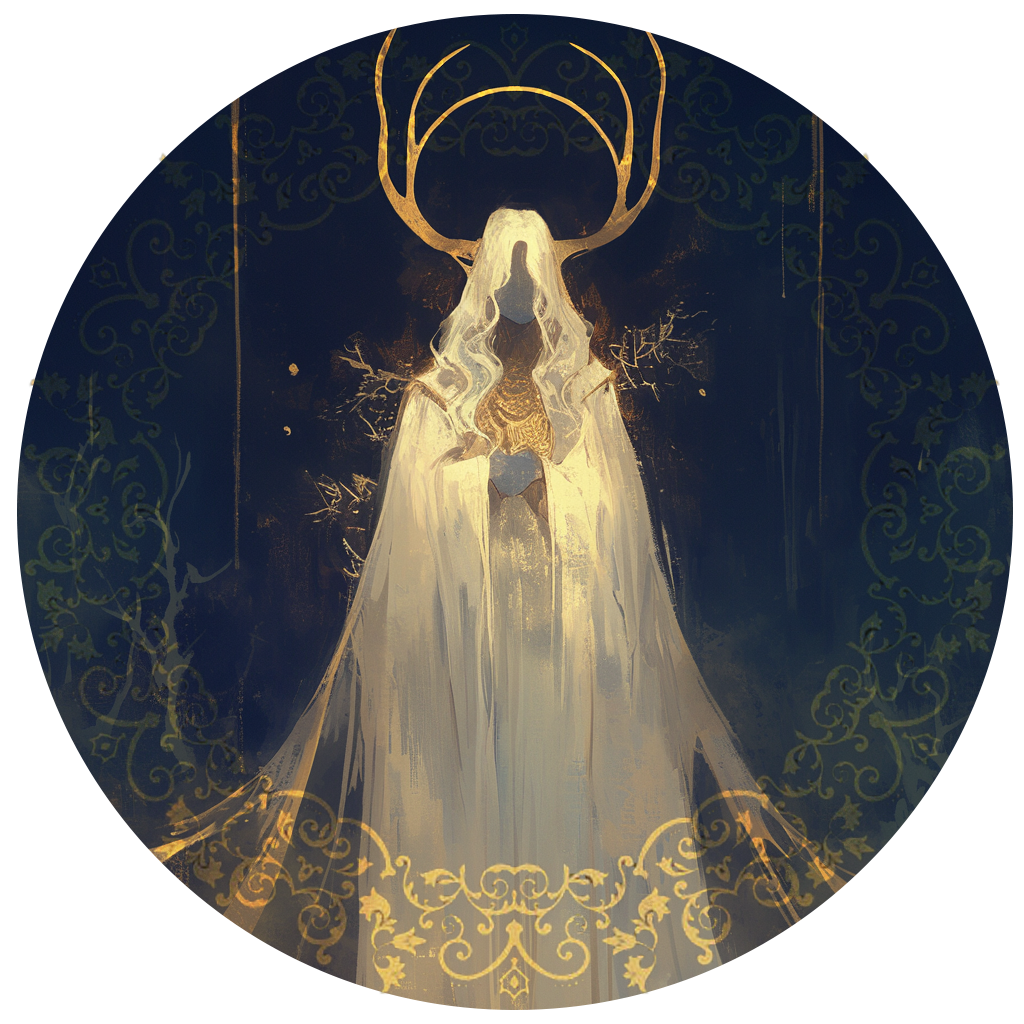
In modern Eclectic Pagan practice, the worship of deities often embraces abstract or archetypal interpretations. Deities are not viewed as fixed entities but as expressions of a larger, interconnected energy that transcends cultural boundaries. This abstract approach allows each Pagan to form a personal connection with deities, choosing gods and goddesses who resonate deeply with their spirit, while honoring diverse interpretations within the community.
Consider Zeus, a figure shaped by centuries of mythological evolution. His attributes have been reinterpreted, expanded, and transformed across different periods and cultures. Zeus represents not only a specific god of thunder but also a broader concept of divine authority, protection, and justice. This fluid interpretation extends to many deities, allowing Pagans to view gods as dynamic expressions of universal forces.
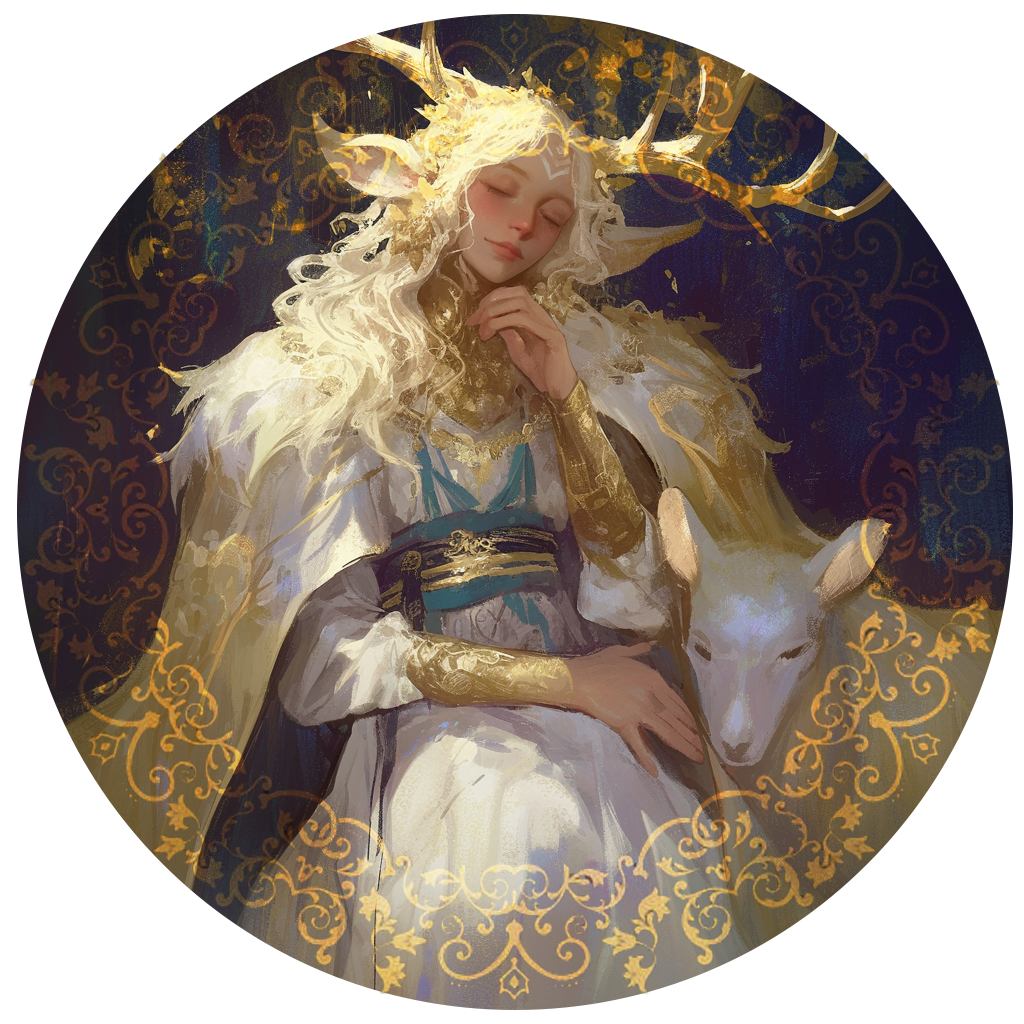
This concept of divine fluidity reflects Eclectic Paganism’s core belief in the interconnectedness of all existence. Deities embody aspects of nature, humanity, and cosmic energy, appearing through various cultural lenses to offer guidance and inspiration. By embracing this fluidity, Pagans respect the multiplicity of divine expressions, fostering an inclusive spiritual environment that celebrates diversity and personal interpretation.
Mythology as a Lens for Spiritual Exploration and Connection
In Paganism, mythology is not merely a historical record but a lens through which we explore transcendent concepts and deepen our spiritual connection. Myths provide narratives that speak to universal experiences: the trials of love, the power of transformation, the inevitability of death, and the hope for renewal. These stories allow Pagans to connect with the divine in a way that is both deeply personal and profoundly human.
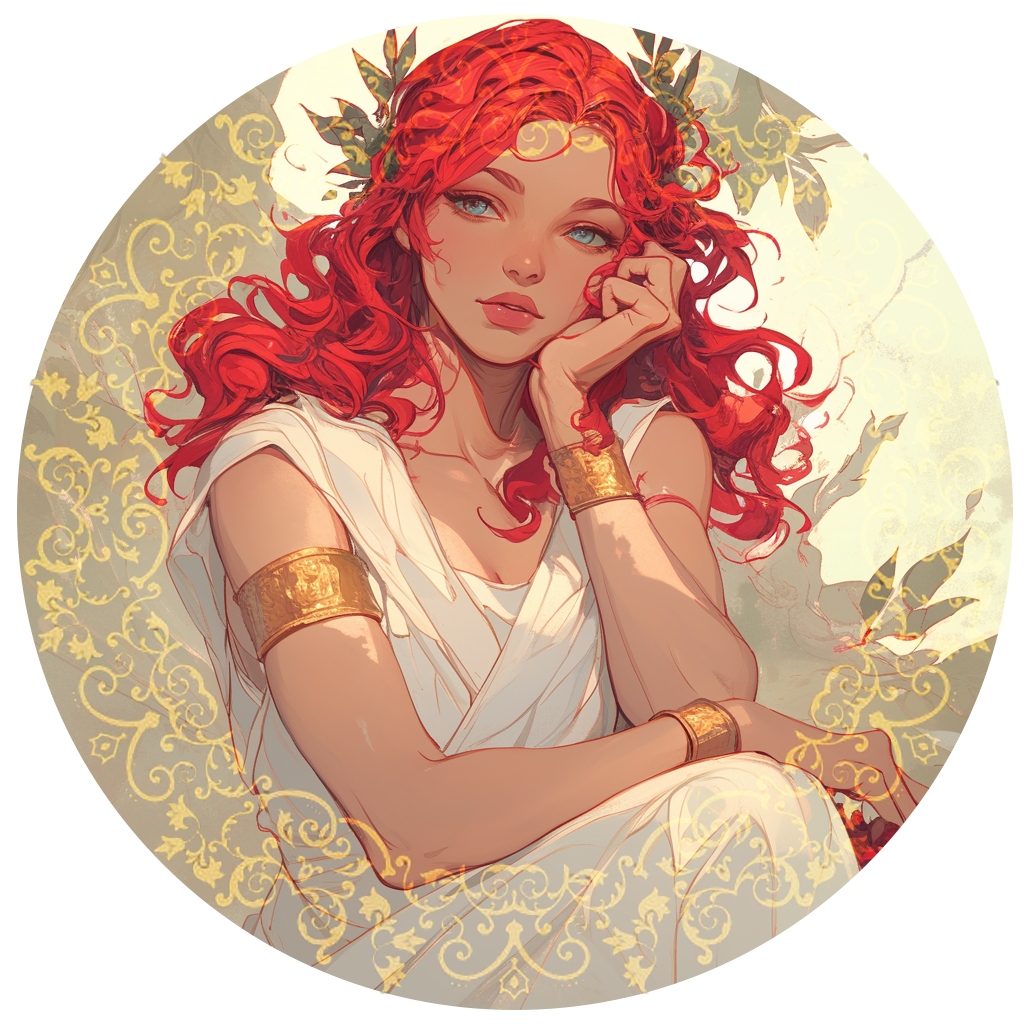
For example, the story of Persephone’s descent into the underworld and subsequent return to the earth is a metaphor for the cycles of life and death, loss and renewal. This myth serves as a spiritual mirror, inviting Pagans to reflect on their journeys through darkness and rebirth. By viewing mythology as a series of archetypal experiences rather than literal events, Pagans cultivate a relationship with the divine that is rooted in metaphor, introspection, and symbolic understanding.
This openness to interpretation distinguishes Eclectic Paganism from organized religions with fixed doctrines or centralized authorities. It invites practitioners to engage with mythology as a tool for self-discovery, contemplation, and connection with the cosmos. Myths become a source of wisdom, guiding Pagans through life’s challenges, helping them understand the interconnectedness of all things, and fostering a reverence for existence that transcends individual experience.
The Liberating Spirit of Paganism: Freedom, Fluidity, and Reverence
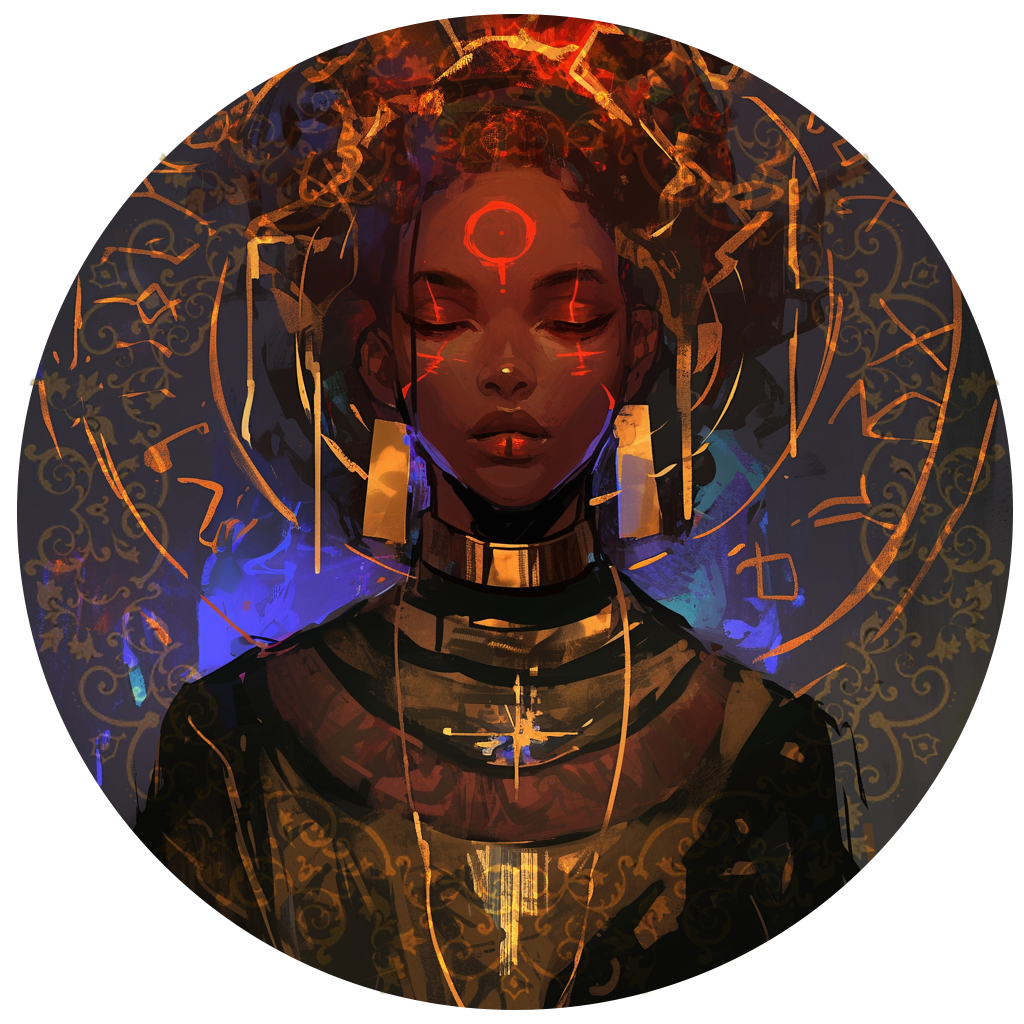
Modern Eclectic Paganism, with its emphasis on mythology and flexible deity worship, offers a liberating approach to spirituality. Rather than adhering to rigid dogmas or exclusive doctrines, Pagans are encouraged to forge their unique spiritual path. This freedom fosters a deep sense of autonomy, allowing each individual to find their way without the constraints of orthodoxy.
This fluidity is not merely about freedom but is a reflection of the interconnectedness and reverence that lies at the heart of Pagan belief. By embracing mythological symbols and the vast diversity of divine expression, Pagans cultivate a relationship with the universe that is both intimate and expansive. Mythology becomes more than just a collection of stories; it is a sacred language, a means to explore and honor the mysteries of existence, and a path to finding unity within diversity.
In a world often shaped by strict doctrines, Paganism’s openness to diverse interpretations and practices provides a profoundly resonant spiritual alternative. By embracing mythology as a pathway to understanding the divine, Pagans honor the wisdom of ages past and celebrate a living, breathing tradition that evolves with each new practitioner. Through this unique approach, Eclectic Pagans forge meaningful connections with the cosmos, the earth, and one another, cultivating a spirituality that celebrates both individuality and unity in the timeless journey of life.

